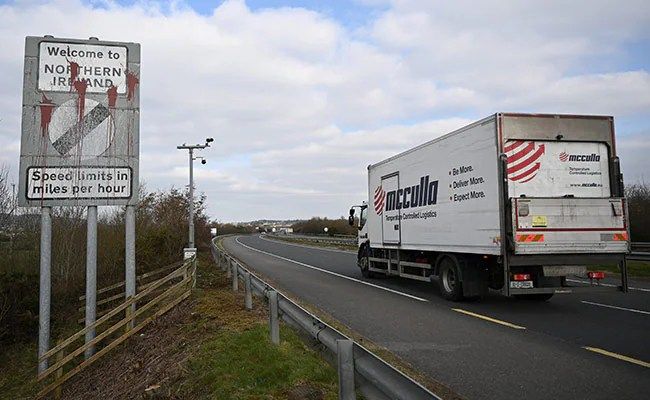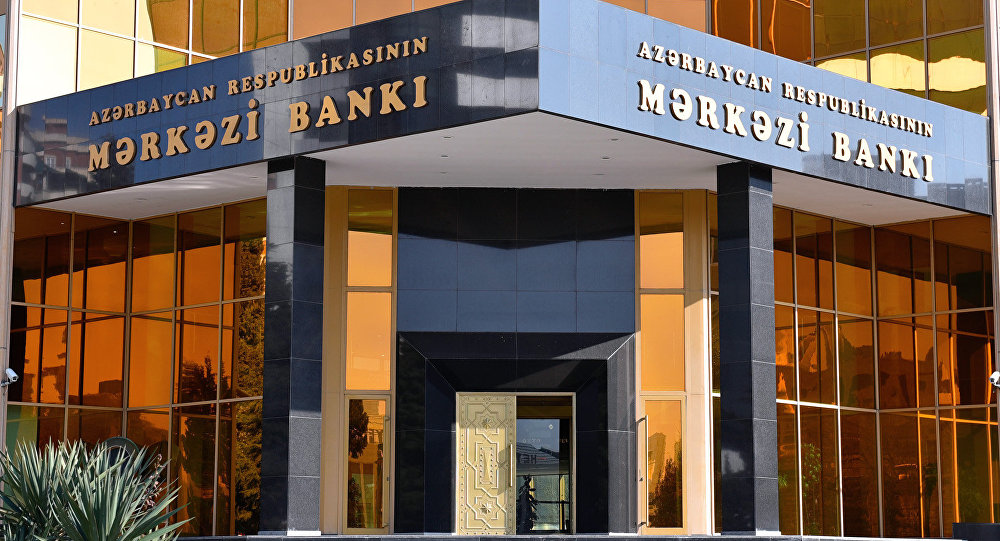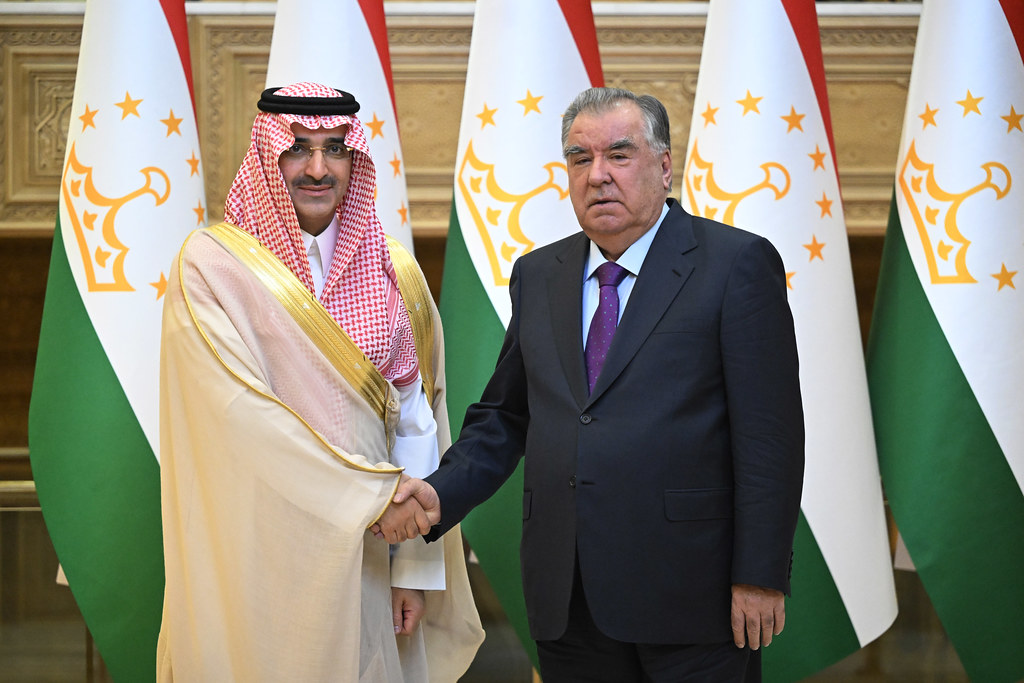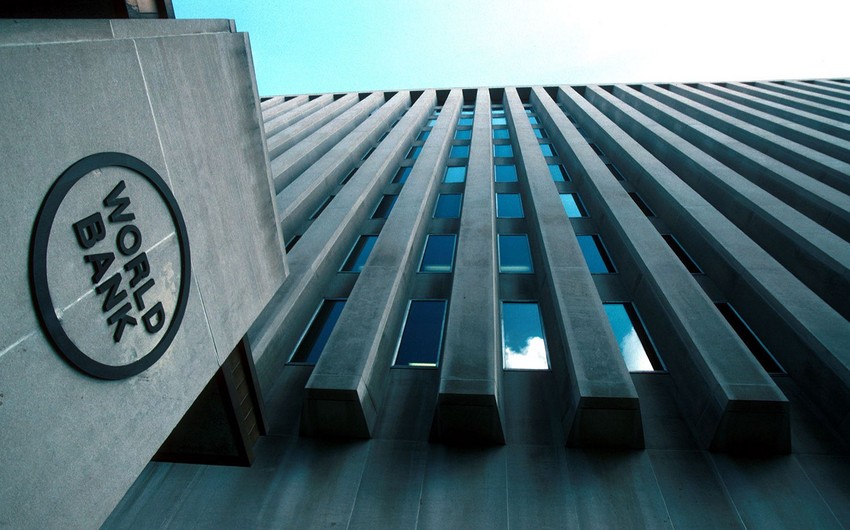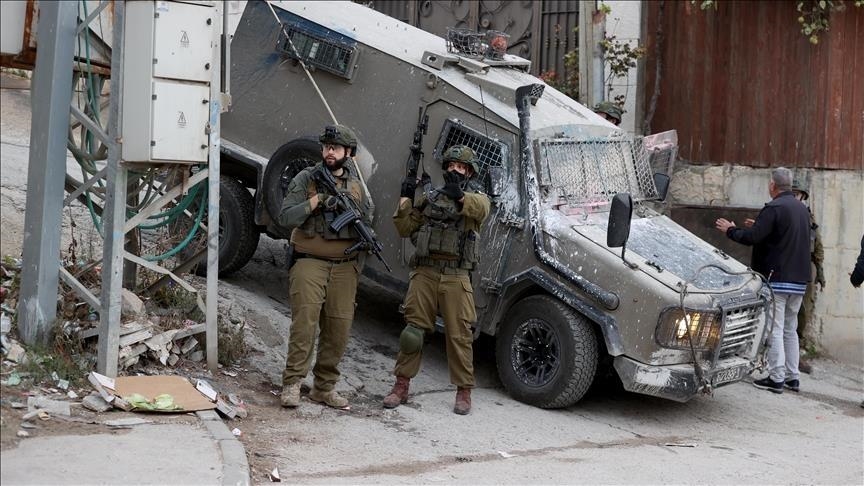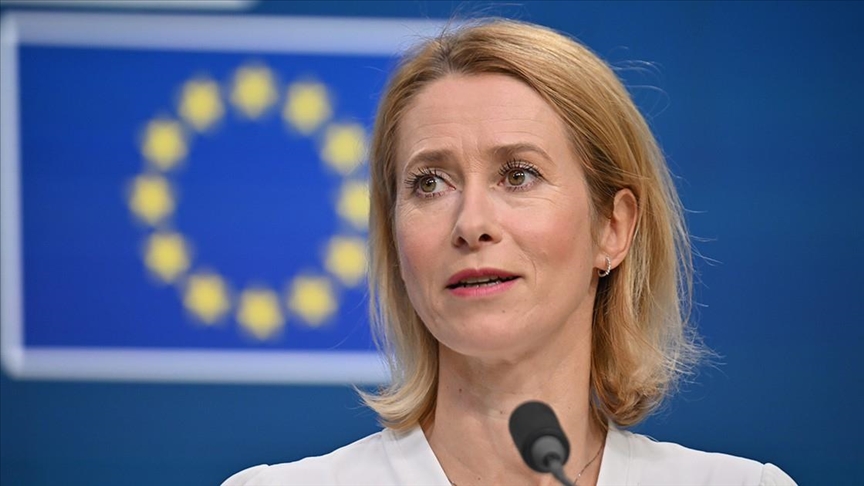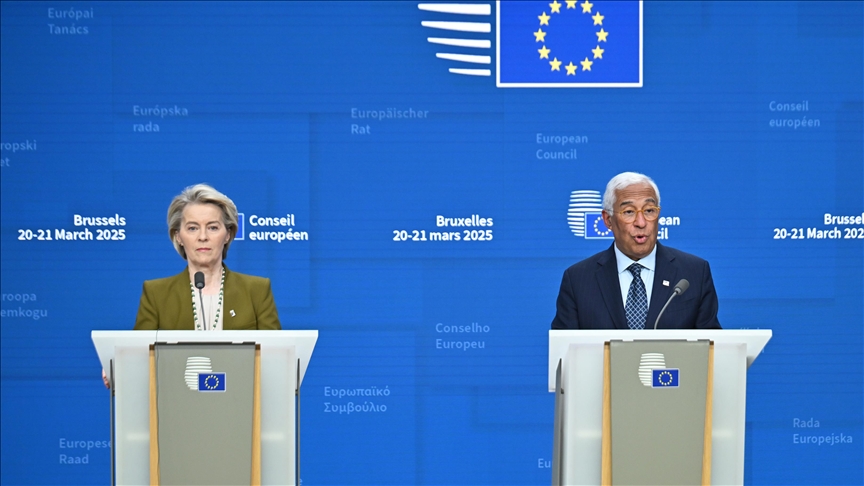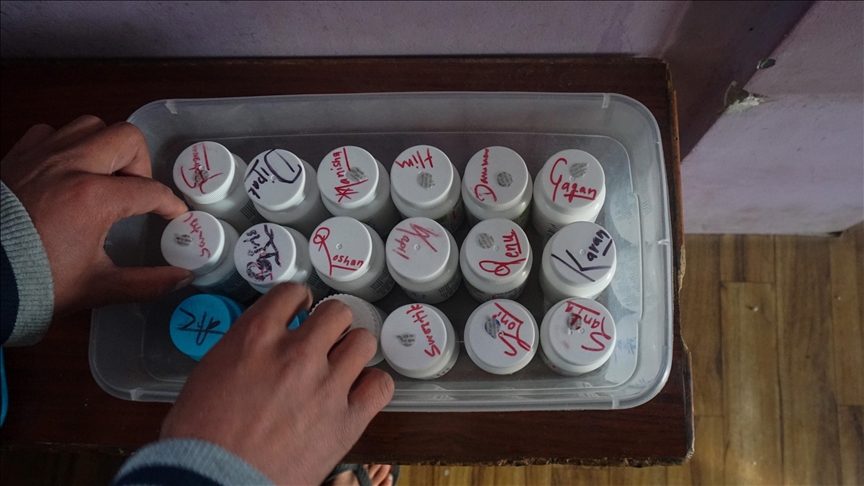Britain demanded on Wednesday that the European Union agree to rewrite a deal overseeing problematic post-Brexit trade involving Northern Ireland just a year after it was agreed with the bloc, a call immediately rejected by Brussels.
The Northern Ireland protocol was part of the Brexit settlement, backed by Prime Minister Boris Johnson, that finally sealed Britain's divorce from the EU four years after voters backed leaving in a referendum.
Businesses in Northern Ireland say it is damaging trade, and some pro-British groups have protested at what they say is a weakening of ties with Britain, raising concerns about a return to the violence which plagued the province for three decades.
"We cannot go on as we are," Brexit minister David Frost told parliament on Wednesday.
He said London wanted a new "balance" to eliminate EU oversight of the accord, and that Britain already had the right to unilaterally deviate from parts of it.
European Commission Vice President Maros Sefcovic was clear that the protocol could not be redrawn, saying Johnson and Frost had negotiated it.
"We will not agree to a renegotiation of the protocol," he said. "Respecting international legal obligations is of paramount importance."
The protocol addresses the biggest conundrum of the divorce: how to ensure the delicate peace brought to the province by a U.S.-brokered 1998 peace accord - by maintaining an open border - without opening a back door through neighbouring Ireland to the EU's single market of 450 million people.
It essentially requires checks on goods between the British mainland and Northern Ireland, which remains part of the EU customs area. These have proved burdensome to companies and an anathema to unionists, who are fiercely supportive of the province remaining part of the United Kingdom.
The Brexit deal was signed and approved by the British parliament in December 2020.
But Frost said the arrangement was not operating as Britain had expected and there was justification for invoking Article 16 of the protocol, which allows either side to dispense with its terms if they are proving unexpectedly harmful.
"Nevertheless...we have concluded that is not the right moment to do so," he said. "We see an opportunity to proceed differently, to find a new path to seek to agree with the EU through negotiations, a new balance in our arrangements covering Northern Ireland, to the benefit of all."
He said he hoped that the EU would study British proposals constructively to find a positive way forward.
Despite repeated British complaints, the EU has refused to amend the protocol, fearing that the hard-to-police frontier with EU member Ireland could allow goods to enter its single market without meeting its regulatory standards.
"We will continue to engage with the UK, also on the suggestions made today," Sefcovic said in a statement. "We are ready to continue to seek creative solutions, within the framework of the protocol, in the interest of all communities in Northern Ireland."

